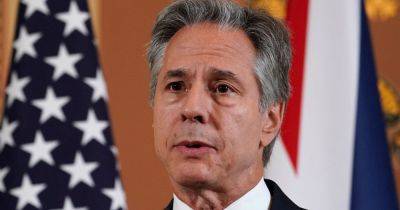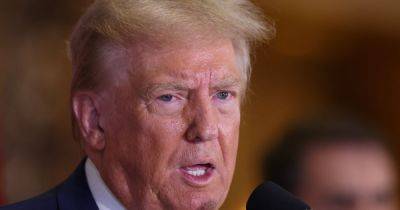An American Sovereign Wealth Fund? Easier Said Than Done.
Former President Donald J. Trump and the Biden-Harris administration have little common ground on the policy front, but one unexpected area of agreement is the idea that the United States might be ready for a sovereign wealth fund.
Such government investment vehicles are popular in Asia and the Middle East. They allow countries like China and Saudi Arabia to direct their budget surpluses toward a wide range of investments and wield their financial influence around the world.
While some individual states have their own versions of wealth funds, the United States, which runs large budget deficits, has never pursued one.
Last week, Mr. Trump suggested during a speech at the Economic Club of New York that, if elected, he would like to create an American sovereign wealth fund that could be used “to invest in great national endeavors for the benefit of all of the American people.” After Mr. Trump’s remarks, the White House indicated that senior officials had been quietly working for months on a proposal for a sovereign wealth fund that Mr. Biden and his cabinet could review.
Despite the newly bipartisan appeal of a national sovereign wealth fund, creating one might not be so simple. It would need the approval of Congress, where lawmakers are likely to be skeptical about authorizing the creation of a fund that could essentially circumvent its own powers to approve federal spending. And then there is the matter of how a nation with perpetual deficits would fund such an investment vehicle.
“Establishing a U.S. S.W.F. would raise highly complex technical and conceptual questions and on its face would appear to be a dubious value proposition for America,” said Mark Sobel, a former Treasury official who is now the U.S. chairman of the







